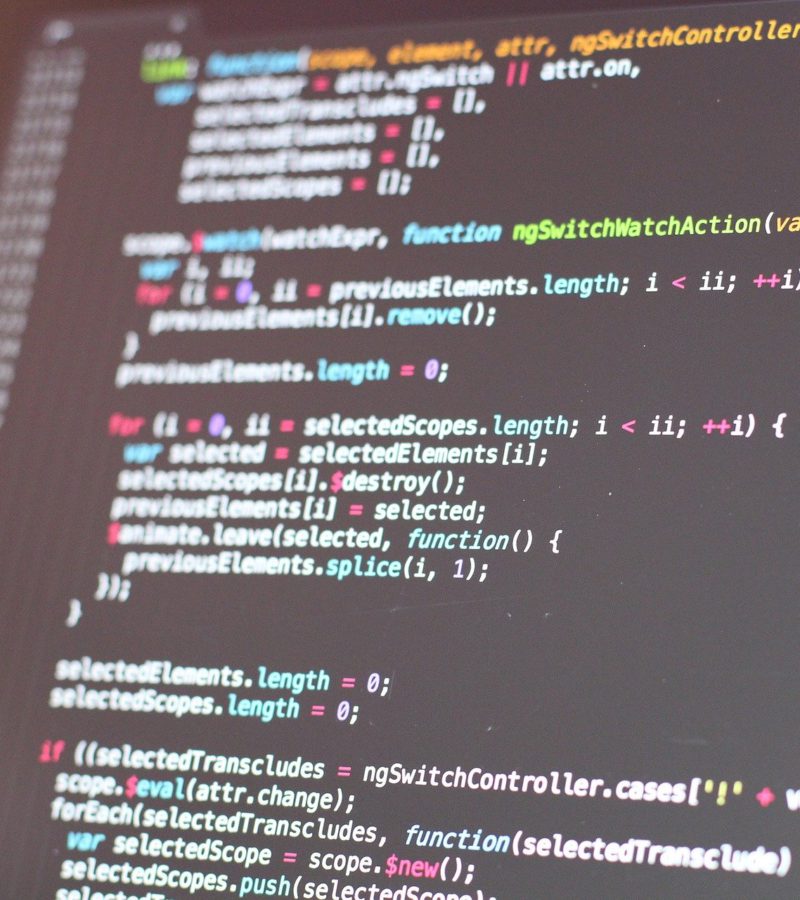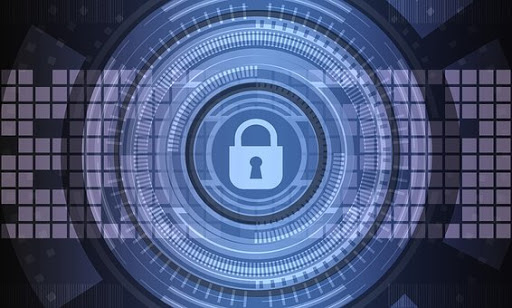
Recently, hundreds of people died in Indonesia as a result of an earthquake and tsunami. Although a warning system should have reported this, this didn’t occur and things went horribly wrong as the population was alarmed by soaring waves after the earthquake. SMS could have offered the solution and saved lives. A simple application that works quickly and effectively is exactly what is needed in case of emergency to inform people or to warn people who are in the vicinity a life-threatening situation.
Spryng wants to help people
Twelve years ago Spryng started sending appointment reminders by SMS to reduce the no-shows in the healthcare sector. A good solution, as both the hospital and the client are provided for their needs. The hospital saves costs and time that could be spent helping others and the client is reminded of their appointment, which means he/she won’t miss it! Nowadays, Spryng help all sorts of companies in various sectors but how reassuring and fantastic is it to literally be able to save lives by sending SMS? Spryng would like to co-operate and provide its services for these purposes.
The tsunami in Indonesia
Unfortunately we are all aware of the news in Indonesia last month. It is disastrous when an earthquake and tsunami strike and the only thing that can be done is to warn people in time so they can escape the area or prepare to protect themselves against this natural disaster. SMS is one of the tools that reach people quickly and effectively. When it is established that a natural disaster is going to occur, every minute that the population is aware and can take measures is of vital importance.
What went wrong?
 Although alarms are normally used in Indonesia and SMS messages are sent to warn people, recently during this natural disaster things went wrong. Normally, different seismographs are combined to determine the strength and location of an earthquake. This in combination with geological knowledge of an area and computer simulations should ensure that there is a report about the emergence of a tsunami as a result of the earthquake. In Indonesia, the systems also indicated that a tsunami was coming. However, when the emergency response was still preparing the warning, it was withdrawn after 34 minutes. As a result, the SMS was never sent out and nobody was warned about the tsunami or had the chance to escape.
Although alarms are normally used in Indonesia and SMS messages are sent to warn people, recently during this natural disaster things went wrong. Normally, different seismographs are combined to determine the strength and location of an earthquake. This in combination with geological knowledge of an area and computer simulations should ensure that there is a report about the emergence of a tsunami as a result of the earthquake. In Indonesia, the systems also indicated that a tsunami was coming. However, when the emergency response was still preparing the warning, it was withdrawn after 34 minutes. As a result, the SMS was never sent out and nobody was warned about the tsunami or had the chance to escape.
Why use SMS in case of emergency?
In most countries where natural disasters often occur alarms are used. This is an excellent tool and many people can be alerted in time. Unfortunately, not everyone can be reached because the alarms are not on every corner of every street, so in this case some people will not hear the alarm. For example people living in remote areas or thinly populated regions. SMS can provide the solution for these people. The SMS can be received anywhere and on any device, this way everyone can be reached and prepared.
Security is one of the most important purposes for which SMS can be used. Spryng is committed to improving safety. Are you interested in what else Spryng can do for you? Then contact the team at Spryng today via +31 (0) 20 770 3005 or by e-mail at info@spryng.sg for a personal advice.


